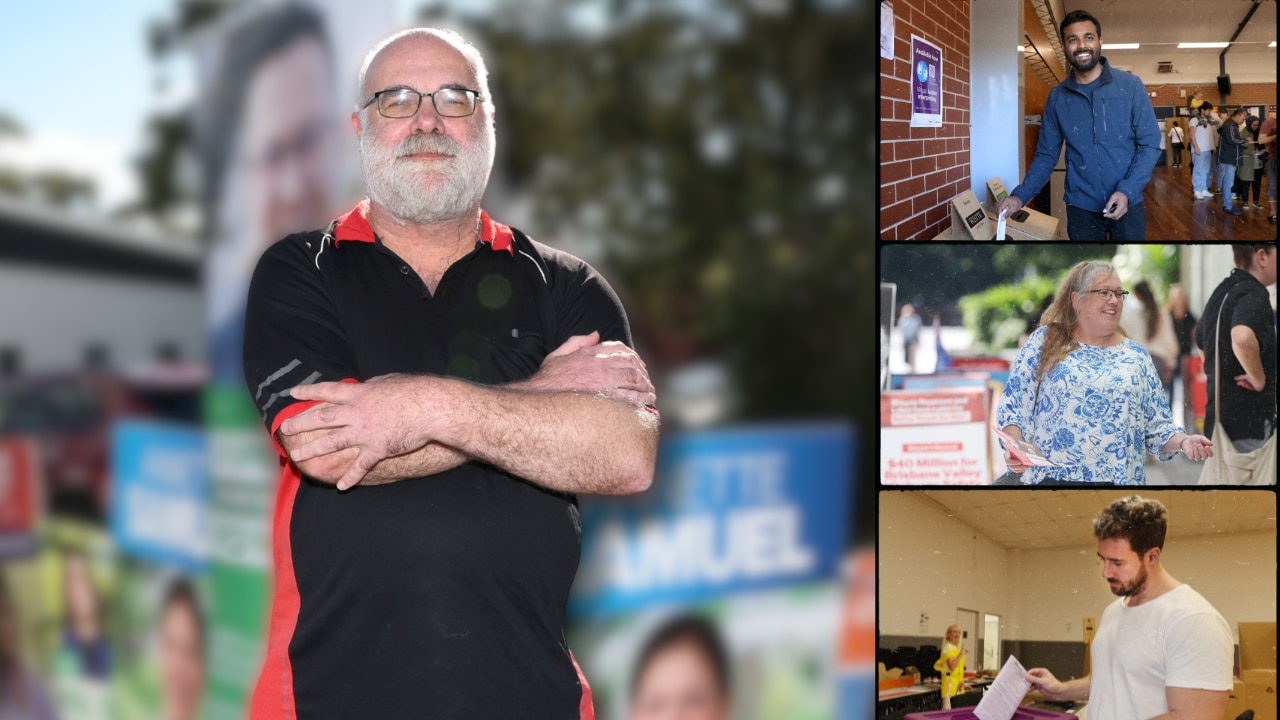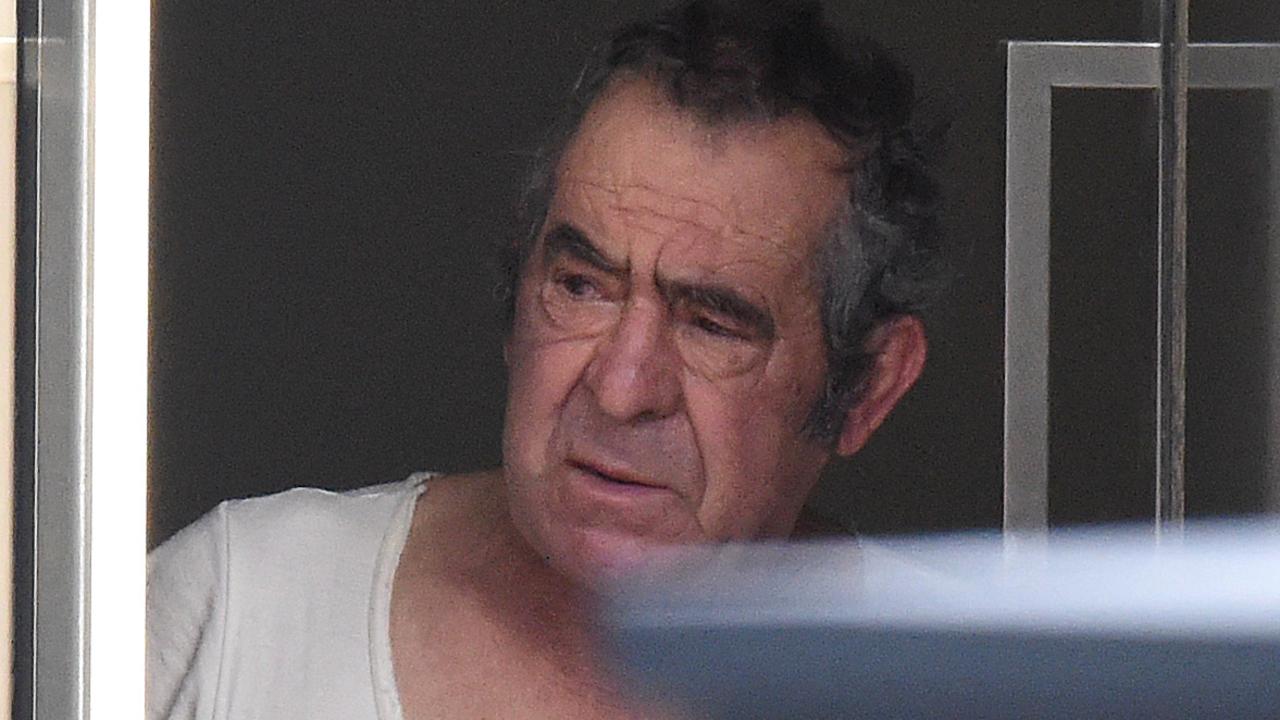Victoria to become first state with Airbnb levy
Victoria will become the first state in Australia to introduce a statewide Airbnb levy, as Premier Daniel Andrews announced a raft of sweeping housing reforms on Wednesday.
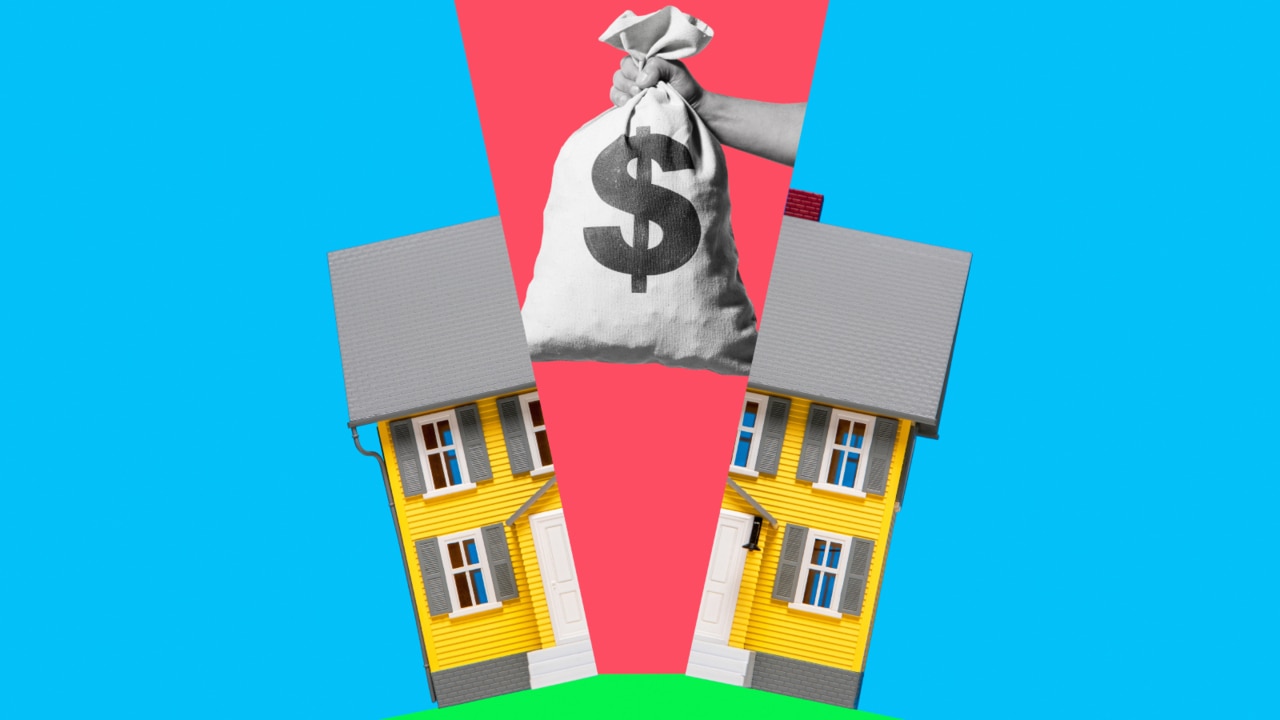
News
Don't miss out on the headlines from News. Followed categories will be added to My News.
Planning permits will be scrapped for single dwellings on larger blocks and government land will be unlocked for developers if they include a portion of affordable housing under a plan to build an extra 800,000 new homes over a decade.
The Andrews Government released its landmark Housing Statement on Wednesday, which included new restrictions on landlords increasing rent, a 7.5 per cent tax on short stay accommodation, and new state-run planning controls for developments around jobs hubs, as first revealed by the Herald Sun.
Industry figures said the planning reforms represent the biggest changes to the system in a generation.
“This will forever change the way our suburbs and towns look and feel,” one source said.
As part of the overhaul, the government will release “surplus” state land for medium density projects in key locations such as along rail lines – as long as they include 10 per cent of social or affordable homes.
State-significant developments worth $50m in metropolitan areas or $15m in regional towns will also be fast-tracked if affordable housing is included, with third party appeals scrapped.

Other reforms that will be introduced include:
• Boosting the Victorian Homebuyer Fund by $500m,
• Tougher penalties for real estate agents and sellers who break the law,
• Establishing a new $1bn Regional Housing Fund to deliver more than 1300 new homes across regional Victoria,
• New planning controls for key activity centres that have good transport links;
• The release of more government land for developers if they include 10 per cent social and affordable housing in plans;
• No permits required for granny flat or home office buildings on larger blocks.
The government will also significantly expand a state pilot program called Future Homes, which is aimed at streamlining apartment block developments within 400m of a railway station or activity centre.
Developers can choose from four designs that are adapted to specific sites, and are supposed to cut planning approval processes in half.
The government has identified priority precincts at Arden, Docklands, Fishermans Bend, Footscray, East Werribee, Parkville and Sunshine.
Ahead of Wednesday’s announcement, Planning Minister Sonya Kilkenny revealed she had approved planning permissions for five major developments which would see more than 2000 homes delivered.
It included 800 homes in Dingley Village, 480 homes in Preston, 477 homes in Kensington, 300 homes in Hawthorn and 37 homes in Geelong.
The sites included a former University of Melbourne site at Bills St in Hawthorn and the former Kingswood Golf Course in Dingley Village.
Victorian Premier Daniel Andrews said building 80,000 new homes each year for the next decade was a crucial measure.
Without the reforms outlined in the housing statement, Mr Andrews said only 540,000 homes would be built in the next 10 years.
“That’s nowhere near enough,” he said.
“We know we’re simply not building enough houses right now.
“The status quo is not an option, and admiring the problem will only make it worse.
“Unless we take bold and decisive action now, Victorians will be paying the price for generations to come.”

Opposition leader John Pesutto branded the housing statement the premier’s “most shameful con” on aspirational Victorians and claimed the 800,000 home goal could not be reached.
While critical of much of the reform package, Mr Pesutto said he welcomed an opening up of new land and expedited planning approvals.
“We obviously welcome reductions in red tape and unnecessary bureaucratic processes,” he said.
But Mr Pesutto said the government’s promise to build 80,000 homes each year over the next decade was not realistic.
“There’s no way he will achieve the goals he’s set out today,” he said.
“He expects us to believe that all of a sudden he can address a problem, a crisis, that’s been occurring under his watch over his nine years in office.
“All of this just sounds like the Commonwealth Games all over again — big promises with no track record and no real detail on how he proposes to actually achieve the goal’s he’s set out today.”
Mr Pesutto said the government was the “single biggest contributor” to putting home ownership out-of-reach for many Victorians, blaming skyrocketing costs of construction and new and increased taxes.
He said the new Airbnb levy would be passed on to Victorians wanting a holiday.
“It’s just a fairly rank revenue measure to fill the budget black hole around the incompetently managed Homes Vic,” he said.
A much anticipated tax on short stay accommodation was on Wednesday confirmed as a 7.5 per cent levy paid by booking platforms.
Mr Andrews described the levy as a “modest charge”.
Money raised will be diverted to a dedicated social housing fund controlled by Homes Victoria, with 25 per cent of that earmarked for regional Victoria.
Victorian Tourism Industry Council chief executive Felicia Mariani described levy as a “flawed measure”.
“Asking consumers to pay more for their holiday rental won’t magically increase housing supply,” she said.
“This policy will not encourage property owners to take their houses off Airbnb and return them to the long term rental market.
“What the Victorian government is proposing is not a tax on short-stay platforms or property owners, it’s a tax on consumers who rent those properties.
“If you’re a family that spends $1000 on a rental, get ready to pay an extra $75 to the state government. That’s money that would otherwise flow into local shops, cafes, or tourism experiences during their holiday.”
The latest Tourism Research Australia data shows domestic overnight tourism spending in regional Victoria fell 21 per cent in May and 16 per cent in June compared to the same time last year.
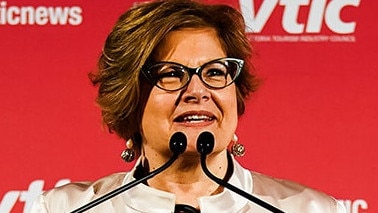
Master Builders Victoria chief Michaela Lihou said the housing statement signified one of the most significant steps toward addressing demand.
But she said it must be accompanied by a rigorous stocktake of government policy and regulation to ensure the housing blueprint becomes a reality.
“Master Builders Victoria is committed to working collaboratively with the Victorian Government to achieve these ambitious housing targets,” she said.
“By addressing industry challenges, fostering innovation, and implementing legislative and regulatory changes, we can collectively create a sustainable and thriving housing sector for Victoria.
“Our hope is that the housing statement will ensure an allocation of resources for research and development, a focus on new construction technologies and the promotion of sustainable building practices.”
Property Council of Australia Victoria division executive director Cath Evans said the “ambitious and comprehensive plan” would “supercharge” the delivery of housing in Victoria by helping to clear growing planning backlogs with local government and other approval authorities.
“The Property Council has identified around 35,000 dwellings currently stuck in the planning pipeline – 35,000 homes that could be housing Victorians and placing downward pressure on affordability,” she said.
“Tying affordable housing requirements to eligibility for the program will enable the private sector to mobilise and deliver affordable housing outcomes for a broad cross-section of the community.”
Municipal Association of Victoria deputy president Cr Jennifer Anderson said the plans offered “a rare opportunity” for Victoria to become “climate resilient, socially connected and economically thriving future”.
“The levy on short-stay rental accommodation is a good start,” Cr Anderson said.
“Addressing inclusionary zoning, land-banking, and support for councils who have affordable housing targets in their planning schemes will continue to be required in order to tackle the housing crisis.”
Cr Anderson noted MAV research had “dispelled” concerns council planning processes were hindering housing stock growth, saying 120,000 planning permits for dwellings had been approved, but construction had not commenced.
“Councils facilitate massive amounts of development every year, with high levels of community input embedded in the process,” she said.
“The fact is it’s often more profitable to delay supply, so naturally that’s what some developers are doing. We need to look at how we can change the incentives at a system wide level.”
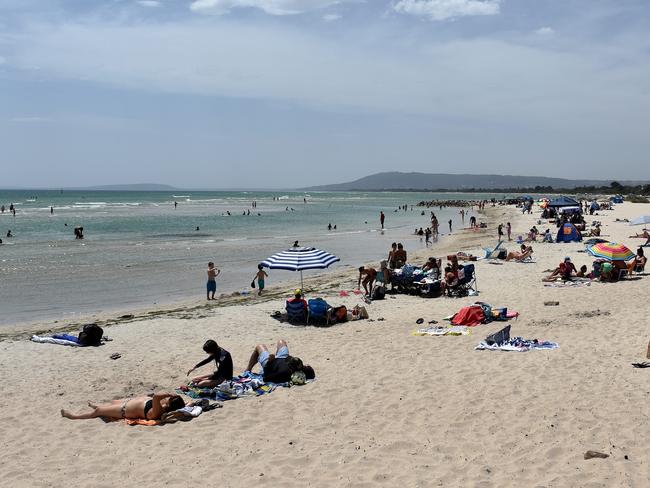
Urban Development Institute of Australia Victoria division chief Linda Allison said the “overdue” planning reforms would send a “confidence signal” to industry, predicting faster approvals and a prioritisation of development around hot spots.
“Untangling planning red tape is an important step to getting projects moving to deliver much-needed homes for Victorian families,” Ms Allison said.
But she noted the reforms did not address taxation, construction costs and labour shortages.
“We know that the Victorian taxation system is currently an obstacle to investment, and many projects need investors to get them out of the ground, not just owner-occupiers,” she said.
“We need to remove barriers to investment like the foreign purchaser additional duty to deliver the homes Victorians need.”
Federal Greens leader and Melbourne MP Adam Bandt warned that Labor’s plans “could be the end of public housing in Victoria”.
“Labor’s demolishing public homes and selling off public land with no guarantee all — or any! — new homes will be public housing,” he wrote on X, previously known as Twitter.
“Labor’s selling out to property developers. Greens will fight for more public housing.”
Council to Homeless Persons chief Deborah Di Natale on Wednesday said the government had missed a “critical opportunity” to tackle the housing crisis.
Ms Di Natale said the government had failed to commit to building “desperately needed” social housing.
“Behind the big headline numbers, there’s little by way of increased social housing,” she said.
“We need at least 60,000 new public and community homes to be built in Victoria over a decade. Unfortunately there’s nothing like that in these announcements.”
Ms Di Natale said the “grim reality” was that the plan would not stop rising homelessness.
“We have tens of thousands of people experiencing homelessness each night and on social housing waiting lists,” she said.
“The government needs to be upfront with what this housing statement means for them.
Ms Di Natale, however, welcomed refurbishments to high-rise public housing, banning rental bidding, allowing transferable bonds and the 7.5 per cent short stay rental tax.
New government data predicts Victoria’s population is expected to add 3.5m people by 2051, taking the state’s total to 10.3m.
The forecasts by Victoria in Future 2023 — the official government projection of population and households — includes 8m people across metropolitan Melbourne and 2.3m in regional Victoria.
Planning minister Sonya Kilkenny said Victoria was the fastest growing state in Australia and it needed a planning system that “can deliver good planning decisions faster and more effectively”.
“With a growing population, we know we have more to do to meet the growing needs of our state and ensure more Victorians can live where they want to live and closer to jobs, services and transport,” she said.



